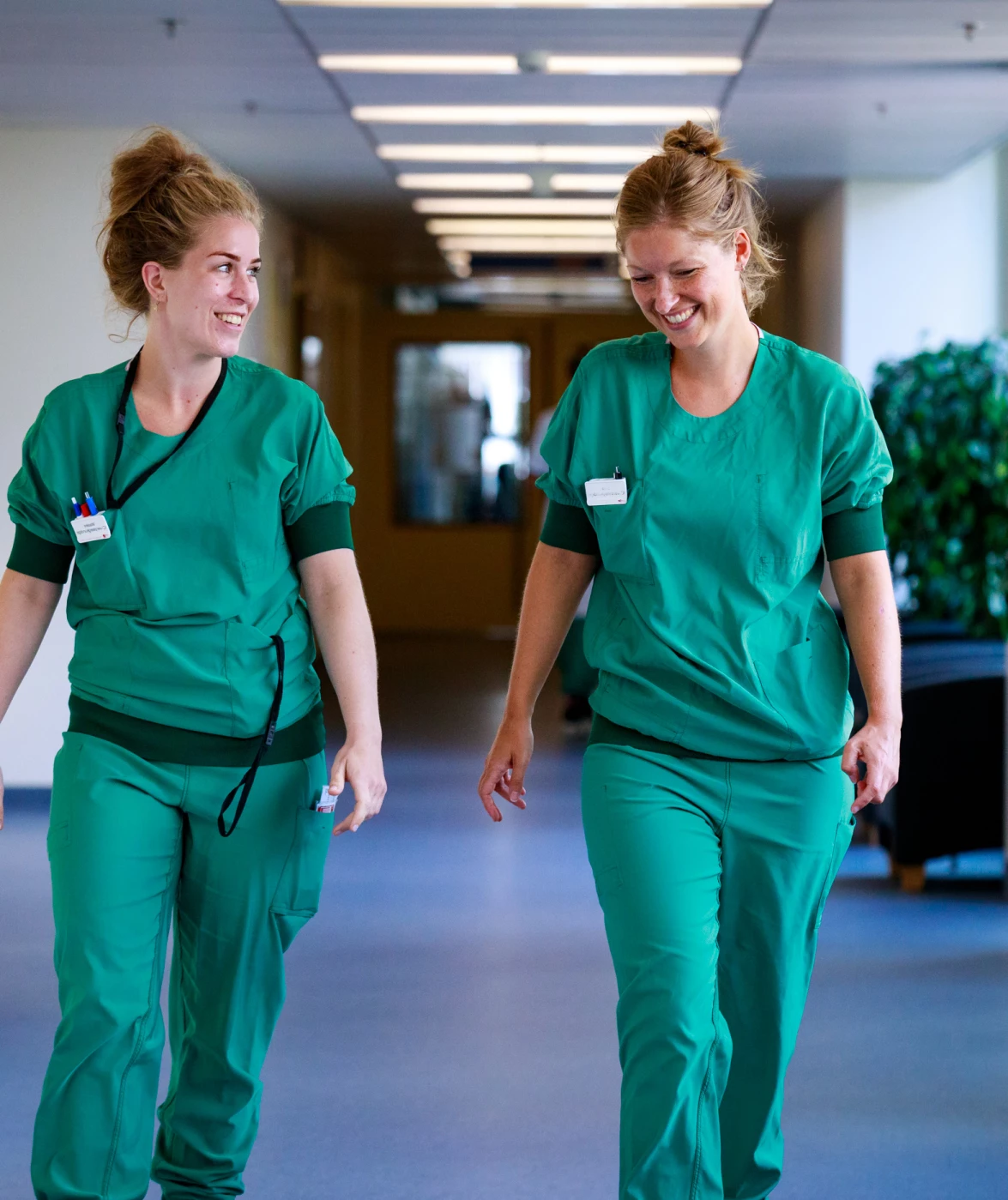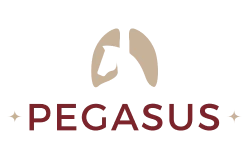News
PEGASUS pilot phase has been published
The PEGASUS pilot phase has been published in Intensive Care Medicine Experimental. Click here for the link to the article.

Currently recruiting centers
- 2 centers in the Netherlands, 3 centers in Italy, 4 centers in Denmark, 2 centers in Belgium, 3 centers in Ireland, 1 center in Greece, 1 center in Poland, 2 centers in Portugal and 2 centers in Bangladesh.
- 217 patients included (December 2025)

Countries with ethics approval
- Approval in: Netherlands, Italy, Poland, Portugal, Belgium, Bangladesh, Ireland, Spain, Greece, Sweden and Denmark
- Approval pending in: Serbia, Argentina, Switzerland
Study Summary
Rationale
Acute respiratory distress syndrome (ARDS) is a frequent cause of hypoxemic respiratory failure with a mortality rate of approximately 30%. The identification of ARDS phenotypes, based on focal or non-focal lung morphology, can be helpful to better target mechanical ventilation strategies of individual patients. Lung ultrasound (LUS) is a non-invasive tool that can accurately distinguish ‘focal’ from ‘non-focal’ lung morphology. We hypothesize that LUS-guided personalized mechanical ventilation in ARDS patients will lead to a reduction in 90-day mortality compared to conventional mechanical ventilation.
Objective
The aim of this study is to determine if personalized mechanical ventilation based on lung morphology assessed by LUS leads to a reduced mortality compared to conventional mechanical ventilation in ARDS patients.
Study design
The PEGASUS study is an international, investigator-initiated multicenter randomized clinical trial (RCT).
Study population
This study will include 538 consecutively admitted invasively ventilated adult intensive care unit (ICU) patients with moderate or severe ARDS.
Intervention
Patients will receive a LUS exam within 12 hours after diagnosis of ARDS to classify lung morphology as focal or non-focal ARDS. Immediately after the LUS exam patients will be randomly assigned to the intervention group, with personalized mechanical ventilation, or the control group, in which patients will receive standard care. In the intervention group, patients with focal lung morphology will receive daily prone positioning with lower positive end-expiratory pressure (PEEP) and patients with non-focal lung morphology will receive daily recruitment maneuvers with higher PEEP.
Main study parameters/endpoints
The primary endpoint is all cause mortality at day 90 (diagnosis of ARDS considered as day 0). Secondary outcomes are mortality at 28 days, ventilator free days (VFD) at day 28, ICU length of stay, ICU mortality, hospital length of stay, hospital mortality and number of complications (VAP, pneumothorax and need for rescue therapy).
Documents
Call for centers

Study team
Academic advisor
Data and Safety Monitoring Board
|
Royal Victoria Hospital and Queen's University of Belfast, Belfast, Ireland. |
Amsterdam UMC, Amsterdam, the Netherlands |
|
Erasmus MC, Rotterdam, the Netherlands |
Australian and New Zealand Intensive Care-Research Centre (ANZIC-RC), Melbourne, Australia |
National Coordinators
eCRF
The eCRF is built in Castor EDC, a program that can be reached from everywhere via the internet. Randomization and reporting of protocol deviations will also be performed in this system.
Trial registration
Registration of the PEGASUS study at clinicaltrials.gov.
FAQ
Participate in PEGASUS
